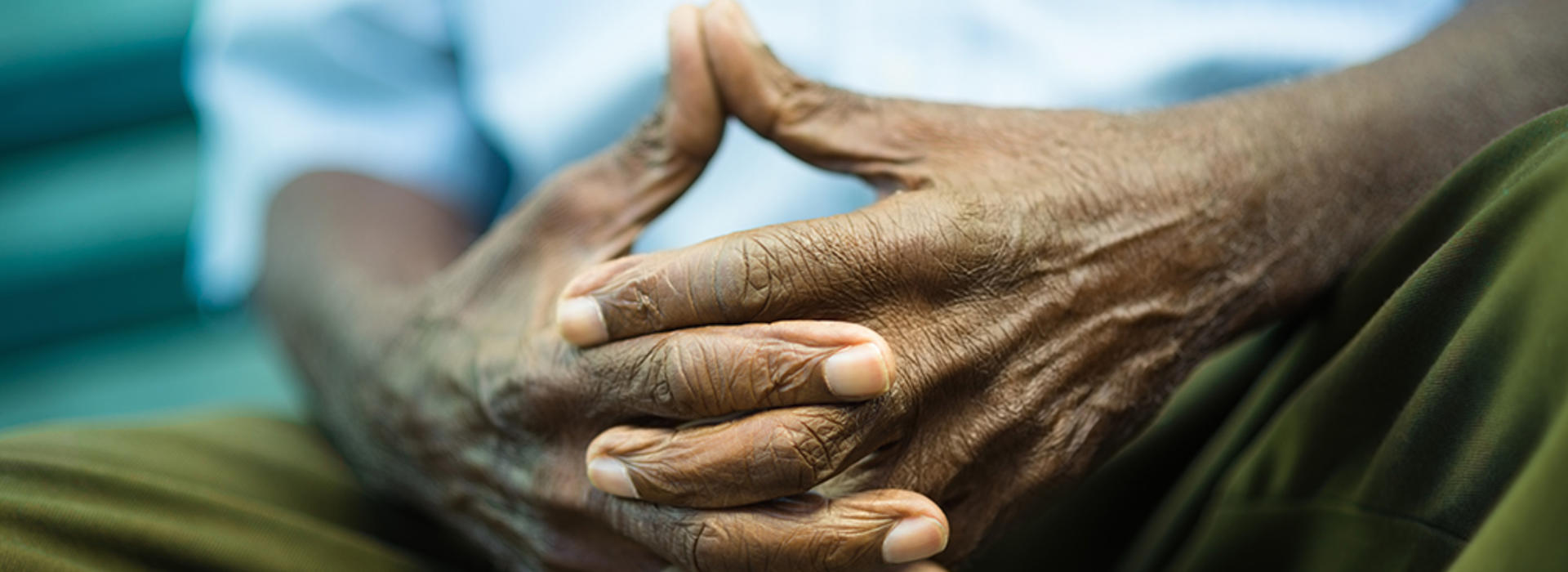
Using Social Networking to Provide Health Education to African American Men
When it comes to health disparities, research shows that African American men take the lead most often in both incidence and death from cardiovascular disease, stroke, cancer and other diseases. Part of the blame falls on the social determinants of health, and experts at the University of Minnesota look to overcome one of those barriers—lack of health education.
On a mission to find a new approach to providing that education, Glenn Simmons Jr., PhD, an assistant professor in the Department of Biomedical Sciences in Duluth, and Olihe Okoro, PhD, MPH, MPharm, assistant professor in the College of Pharmacy in Duluth, earned a grant from the National Institutes of Health through The Center for Healthy African American Men through Partnerships. The funding supported a 2.5-year study to develop a pilot program that would examine the validity of a cultural custom that could be useful in providing health education to African American men.
“We know, from a cultural standpoint, that women tend to be the ones that are responsible for managing men’s health and wellness because they also are responsible for making sure they’re eating,” Dr. Simmons said. “If we arm their social network with a certain amount of knowledge—the women in their lives, including their wives, girlfriends, the mother, the sister, the daughter, the niece, the grandmother—maybe we can amplify these messages.”
The study used two parallel education paths: one for African American men and one for African American women. Each group separately attended six identical, 90-minute sessions about various health topics led by local physicians, researchers and other healthcare professionals. The study looked to measure how much information each group retained about topics on mental health, cardiovascular disease, diabetes and prostate cancer.
“Surprisingly enough, the women actually already knew a good amount of some things that we wouldn’t think they would know because it’s not a women’s health issue; like prostate cancer, for example,” Dr. Simmons said.
A key component of each session taught attendees about how to engage with the healthcare system. Dr. Simmons says that because of historical bias and discrimination, some African Americans know little about their role and relationship to a physician.
“This is your health, you’re in charge. If you don’t like how you’re getting information and how they’re speaking to you, you can leave. You can ask them questions until you’re blue in the face,” he explained. “For a lot of the participants, the men didn’t necessarily know that was okay. It wasn’t until the physician came into their session and said, ‘No, if somebody thinks I’m not doing the job right, they should fire me and find another physician that addresses their concerns.’ It was a lightbulb for some people.”
Dr. Simmons remembers one moment with a study participant who said that after he attended one of the sessions, he decided it was time for a check-up—and it saved his life.
“He said if he would’ve walked out the office without getting that check-up that day, it’s very possible that he would’ve died,” Dr. Simmons said. “The fact that he was able to benefit immediately was impactful for me. After all that work, for someone to say that what you did had an impact, it was so cool.”
The study provides critical, anecdotal information that Dr. Simmons says will lay a foundation that hopefully leads to a larger study with more people and data. He hopes that research will equip healthcare providers, community leaders and others with new ways to get health information directly to African American men—ultimately, helping them manage their conditions better and earlier.
“If we were in Minneapolis, you’d have these places—churches, community centers—places that are historically tied to the African American community and heritage, but in Duluth, it’s very, very small, and those opportunities are next to none,” he said. “By focusing on the people themselves and using this social networking theory as a framework to focus on, we overcome that hurdle in communities everywhere.”